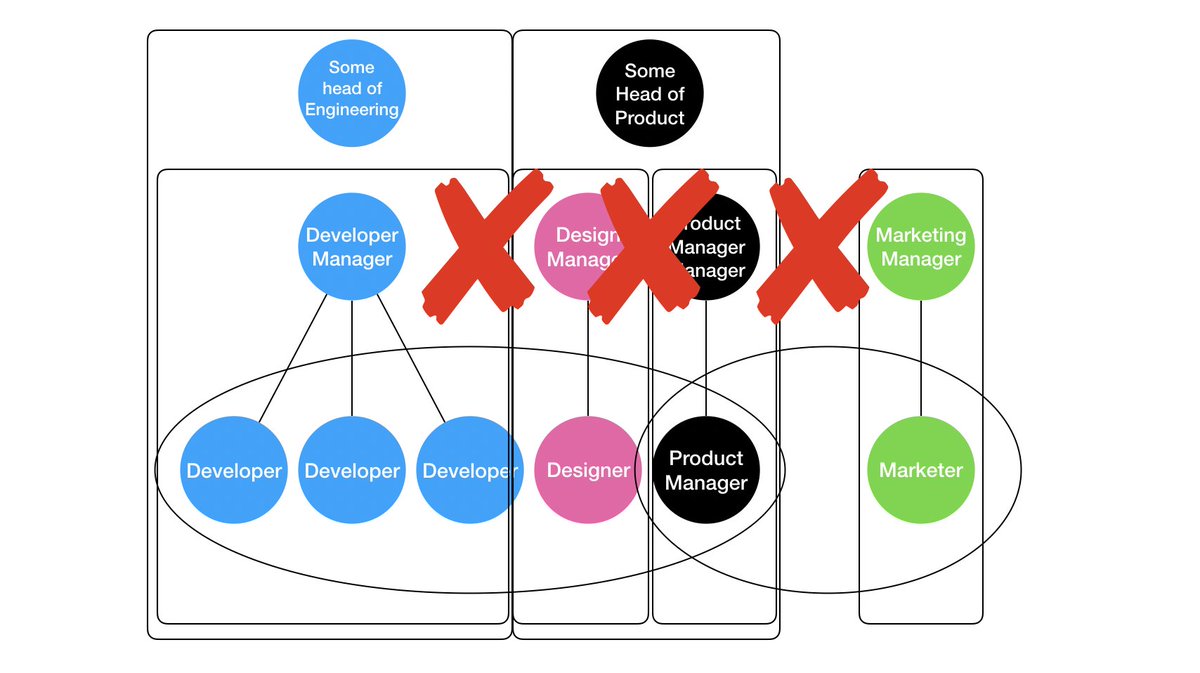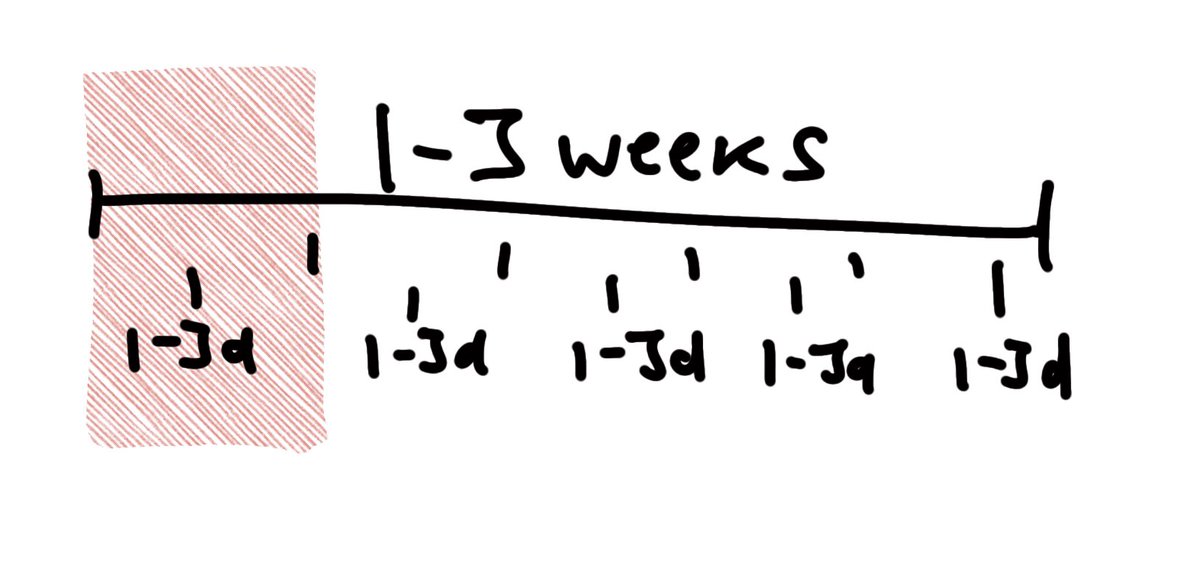
Reading the replies — the snarky, serious, cynical, and otherwise — a couple things occurred to me.
1/n - the difference between things imposed / inflicted on humans, and invitation. Sounds like lots of companies are imposing on ppl instead of inviting...
1/n - the difference between things imposed / inflicted on humans, and invitation. Sounds like lots of companies are imposing on ppl instead of inviting...
https://twitter.com/johncutlefish/status/1319400615533969408
2/n... as a phrase itself, “digital transformation” risks leaving out humans altogether. There is an implied “transformer” — the company — and implied solution — digital (replace non digital things w/ digital things).
Who benefits? Why? Sounds like this is missing in many orgs
Who benefits? Why? Sounds like this is missing in many orgs
3/n... gap thinking vs. present thinking (thanks @cyetain ). I think ppl are justifiably skeptical of things smacking of gap thinking. Same reason we are skeptical of miracle diets and “life transformation” lasting 30 days. 

4/n ...it sounds like, from the replies, that it is often the very people throwing around this phrase in the boardroom that are least willing to change on a fundamental level.
Budgets. Empowerment. Incentives. Moving from top-down, command/control styles. That can wait...
Budgets. Empowerment. Incentives. Moving from top-down, command/control styles. That can wait...
5/n...anyway, at least n=1 I think some snark can be therapeutic. It can help us shine a mirror on something.
I know there are people very passionate about this idea ... maybe at a minimum these threads can help shine a light on what perspectives you have to contend with.
I know there are people very passionate about this idea ... maybe at a minimum these threads can help shine a light on what perspectives you have to contend with.
• • •
Missing some Tweet in this thread? You can try to
force a refresh











